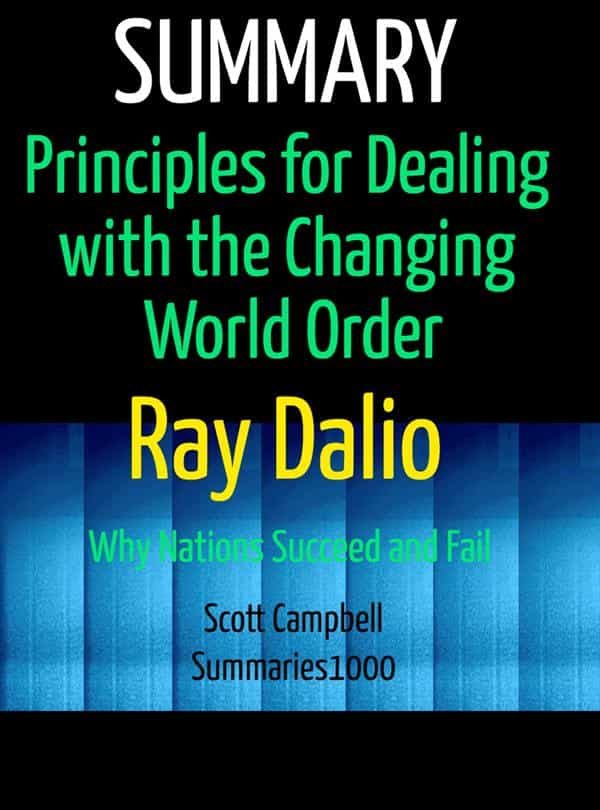

“The Changing World Order” contains some valuable insights, but these are offered alongside numerous instances of triteness and truism, not to mention a more than occasional whiff of Chauncey Gardiner, the character in the film “Being There” whose humdrum utterances are mistaken for sapience. His purpose in writing a book about geopolitics, he says, “is to pass along what I learned that has helped me and that I believe might help you.” Again he appears to dangle before the reader the promise of self-improvement, even financial gain. Now, with “Principles for Dealing With the Changing World Order,” he completes his trilogy of omniscience, putting forward sweeping explanations for why some nations succeed and others fail. Dalio to produce “Principles for Navigating Big Debt Crises” a year later. In any case, “Principles” was a resounding hit-Amazon’s No. Given its title, you’d have expected, at least, Aristotle, the Buddha, Christ or Spinoza. Faintly absurd was the fact that “Principles” doesn’t contain a single name in its index. Dalio was apparently unfazed by his lack of expertise in ethics or philosophy.

The book was a treatise on the means to a successful life, written by a man so accustomed to being “admired and, above all, consulted” (to cite Zola on a character from his novel “Money”) that Mr. Four years ago, Ray Dalio threw at us a great big book of windy wisdom called “Principles.” He defined the title word as “fundamental truths that serve as the foundations for behavior that gets you what you want out of life,” a definition that seemed to promise a great deal, given that the author was the founder of Bridgewater Associates, the planet’s biggest hedge fund.


 0 kommentar(er)
0 kommentar(er)
